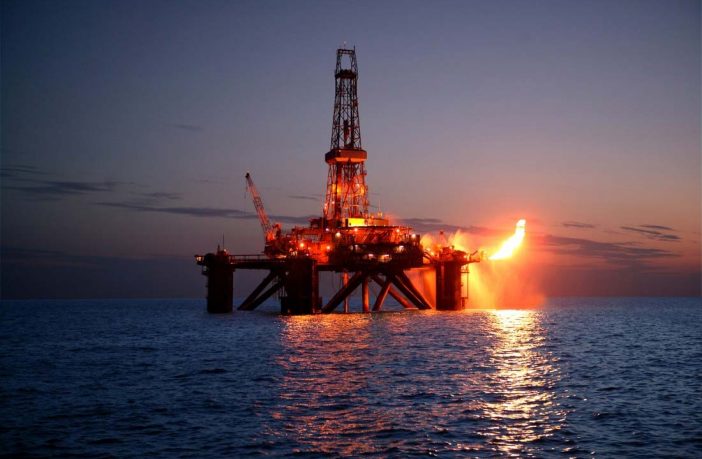- The Gas Exporting Countries Forum (GECF) Secretariat has presented the first edition of the GECF Annual Short-Term Gas Market Report 2020, which aims to become a reference for short-term views and analysis of the global gas and LNG markets.
- The report is a supplement to the GECF Global Gas Outlook, which provides the longer-term view on the gas market.
The Forum noted that the publication of this report coincides with the still unfolding situation around COVID-19, which has led to a significant slowdown in global activities.
The pandemic is expected to leave its mark on 2020 and 2021 before allowing the expected recovery to pre-COVID-19 levels. In this context, GECF titled the latest edition: Gas Market Response to Turbulence: Resilience, Reliability & Lessons Learnt.
Throughout the report, the GECF shares its independent assessment on the gas market with the main outcomes of the years 2019 and 2020, as well as the short-term prospects for the full year 2020 and 2021.
Related news: Total evacuates workers at mega LNG project in Mozambique
The publication sheds light on different aspects of the gas market, firstly with an overview of the main risks and challenges that the gas industry is facing today, with an analysis of the influencing factors and the critical areas for the gas industry as a whole, and for GECF member countries in particular.
Secondly, the report provides a comprehensive analysis of the developments in the gas and LNG industry over the past two years, with a special focus on 2020 and the impact of COVID-19 on the industry.
Furthermore, it highlights the short-term outlook and identifies potential opportunities and challenges that should be considered by gas producers. The topics covered include global economy and energy policy developments, natural gas consumption and supply, trade and gas prices. The combination of these factors defines the evolving architecture of the gas market.
The report highlights that the gas industry continued to expand at a healthy pace in 2019 both in terms of supply and demand, though the expansion was slower compared to 2018.
Global gas industry hit by a perfect storm
Prior to the COVID-19 pandemic, an apparent oversupply in the LNG market resulted in the erosion of global spot natural gas and LNG prices. As the world entered 2020, the gas industry was hit by a perfect storm, which was created by a combination of a mild winter season, an oversupplied LNG market and the COVID-19 pandemic.
Most countries across the world implemented strict lockdown measures, which saw energy demand plunge across all major gas consuming regions. This resulted in oil and natural gas prices spiralling out of control to unprecedented lows. In comparison to other fossil fuels, natural gas demand appears to have been less impacted by the pandemic.
Amidst the weakened natural gas demand and low prices, some natural gas producers were forced to lower their production. The lower natural gas prices translated into reduced revenues for NOCs and IOCs, which in turn resulted in a shrinkage of revenues for gas exporting countries.
The lower revenue streams forced many NOCs and IOCs to postpone or even cancel investment in the oil and gas industry, which could lead to an imbalance between natural gas supply and demand in the future.
However, looking ahead to 2021, GECF expects a recovery in the natural gas industry as the world returns to some form of normality following the COVID-19 pandemic.
Read the full report: GECF Annual Short-Term Gas Market Report 2020.
Author: Babalwa Bungane
Babalwa Bungane is a content creator/editor for ESI Africa – Clarion Events Africa. Babalwa has been writing for the publication for five years. She has a great interest in social media due to its advantage of disseminating content.
This article was originally published on ESI Africa and is republished with permission with minor editorial changes.
















